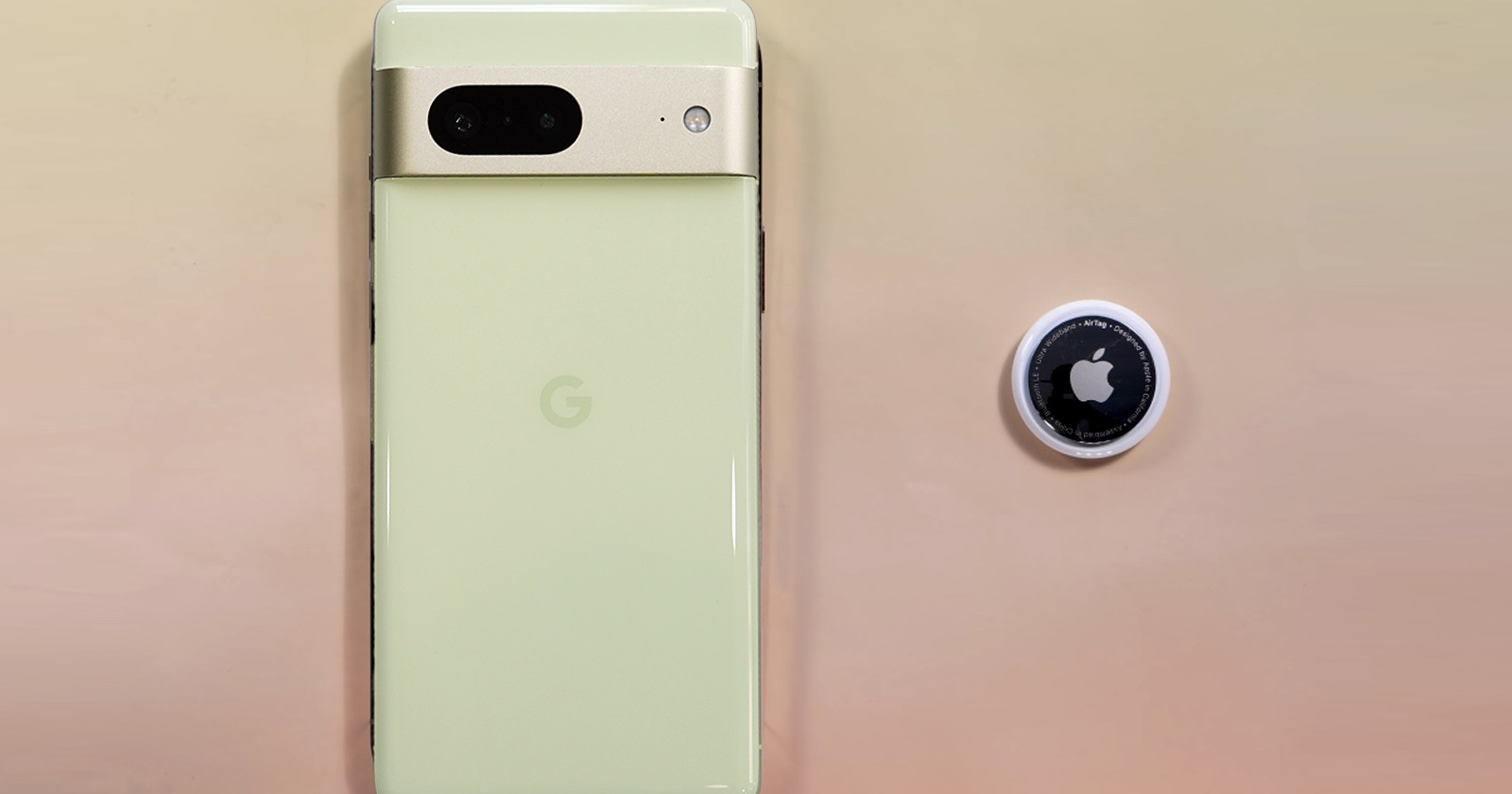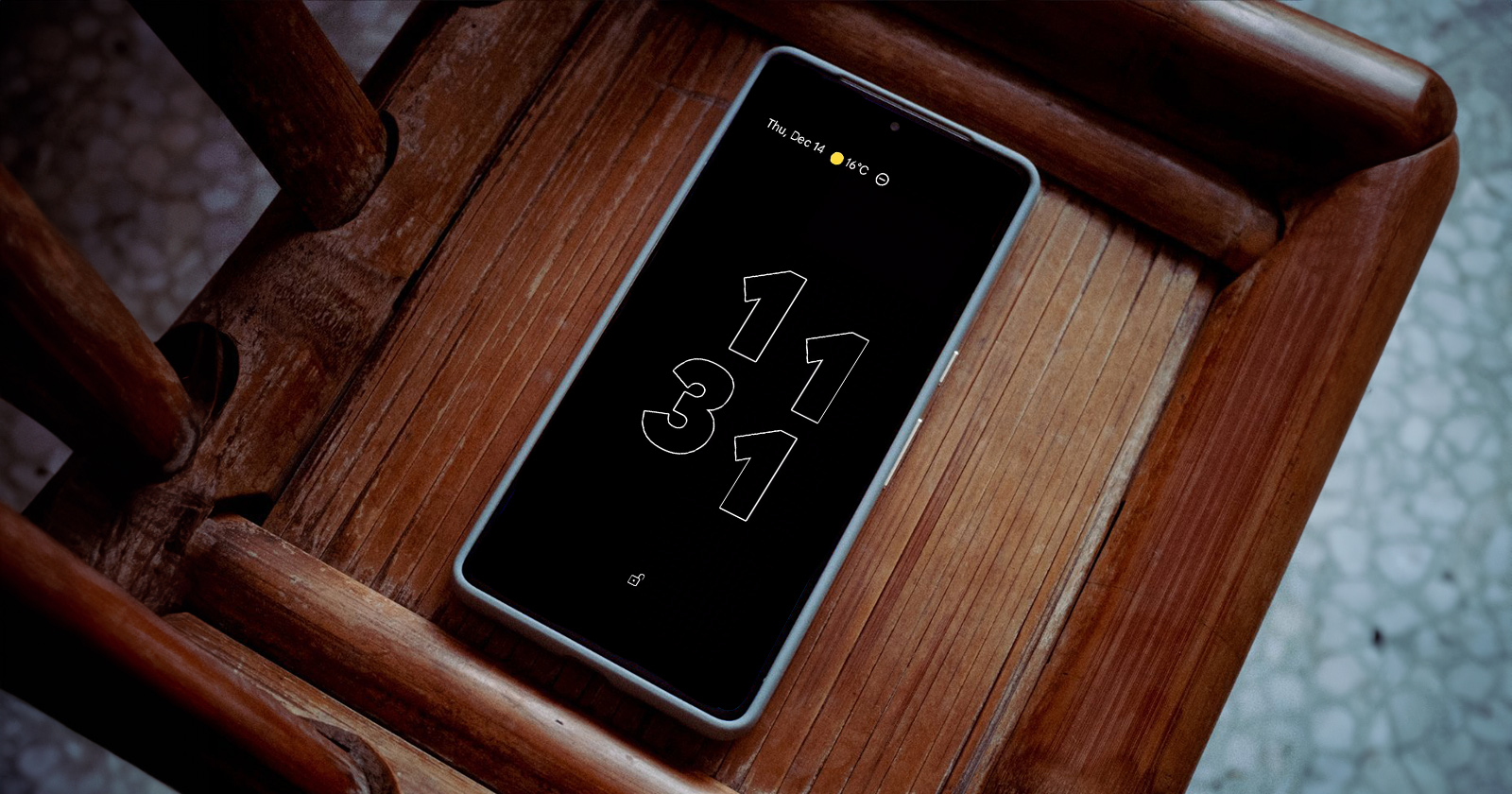Beneath the scorching sun of summer, many of us have experienced the frustration of watching our electronic devices drain their batteries faster than usual. It’s a common belief that hot weather is detrimental to battery life, but is there any truth to this claim? In this article, we’ll delve into the relationship between hot weather and battery performance to separate fact from fiction.
Understanding Batteries
Before we explore the impact of temperature on batteries, it’s essential to understand how batteries work. Most modern devices use lithium-ion batteries, which are popular due to their high energy density and relatively light weight. These batteries consist of electrodes, an electrolyte, and a separator. Chemical reactions occur inside the battery to store and use electrical energy.
Effects of Hot Weather on Batteries
Hot weather is indeed known to cause batteries to discharge more quickly. There is few reasons of this. There are 4 main reasons why batteries discharge quickly.
Increased Self-Discharge
Hot temperatures can accelerate the self-discharge rate of batteries. Self-discharge is the phenomenon where a battery loses its charge over time, even when not in use. High temperatures can expedite this process, resulting in a faster depletion of stored energy.
Chemical Reactions
Excessive heat can accelerate the chemical reactions inside a battery. While these reactions are necessary for producing electrical energy, an increase in temperature can lead to faster chemical degradation of the battery components. This degradation can reduce the overall capacity and lifespan of the battery.
Internal Resistance
High temperatures can increase the internal resistance of a battery. Internal resistance is a measure of the opposition a battery faces during the flow of electric current. Increased internal resistance can result in a higher voltage drop, leading to decreased efficiency and a shorter runtime.
Thermal Runaway
In extreme cases, prolonged exposure to high temperatures can trigger a phenomenon known as thermal runaway. This is a self-perpetuating reaction that generates heat and can lead to a catastrophic failure of the battery. While modern lithium-ion batteries are designed with safety features to mitigate this risk, it underscores the importance of avoiding excessive heat exposure.
Ways to Protect the Battery from Hot Weather
Learn 3 basics to protect your battery from hot weather.
Optimal Operating Temperatures
Most lithium-ion batteries perform optimally within a specific temperature range, typically between 20°C to 25°C (68°F to 77°F). Keeping your devices within this range can help maintain battery health.
Avoiding Direct Sunlight
Shielding electronic devices from direct sunlight can prevent them from absorbing excess heat. This is particularly important for all battery powered devices. Even laptops, powerbanks, smartwatches, tablets and else.
Proper Ventilation
Ensure that electronic devices have proper ventilation to dissipate heat efficiently. Using devices on soft surfaces, such as beds or couches, can obstruct ventilation and lead to overheating.
Conclusion
While it’s true that hot weather can have adverse effects on battery life, modern technology has implemented measures to mitigate these risks. By understanding the impact of temperature on batteries and taking appropriate precautions, users can optimize the performance and lifespan of their electronic devices, even in the heat of summer. Whether it’s using shade, ventilation, or simply being mindful of optimal operating temperatures, a little care can go a long way in preserving your device’s battery life.







